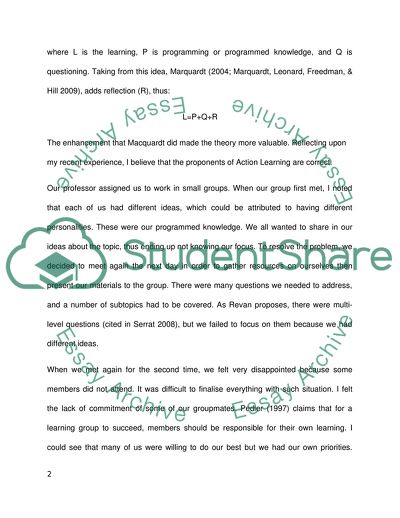Cite this document
(Reflective Essay on Active Learning Personal Statement, n.d.)
Reflective Essay on Active Learning Personal Statement. https://studentshare.org/education/1754678-reflective-piece
Reflective Essay on Active Learning Personal Statement. https://studentshare.org/education/1754678-reflective-piece
(Reflective Essay on Active Learning Personal Statement)
Reflective Essay on Active Learning Personal Statement. https://studentshare.org/education/1754678-reflective-piece.
Reflective Essay on Active Learning Personal Statement. https://studentshare.org/education/1754678-reflective-piece.
“Reflective Essay on Active Learning Personal Statement”. https://studentshare.org/education/1754678-reflective-piece.


